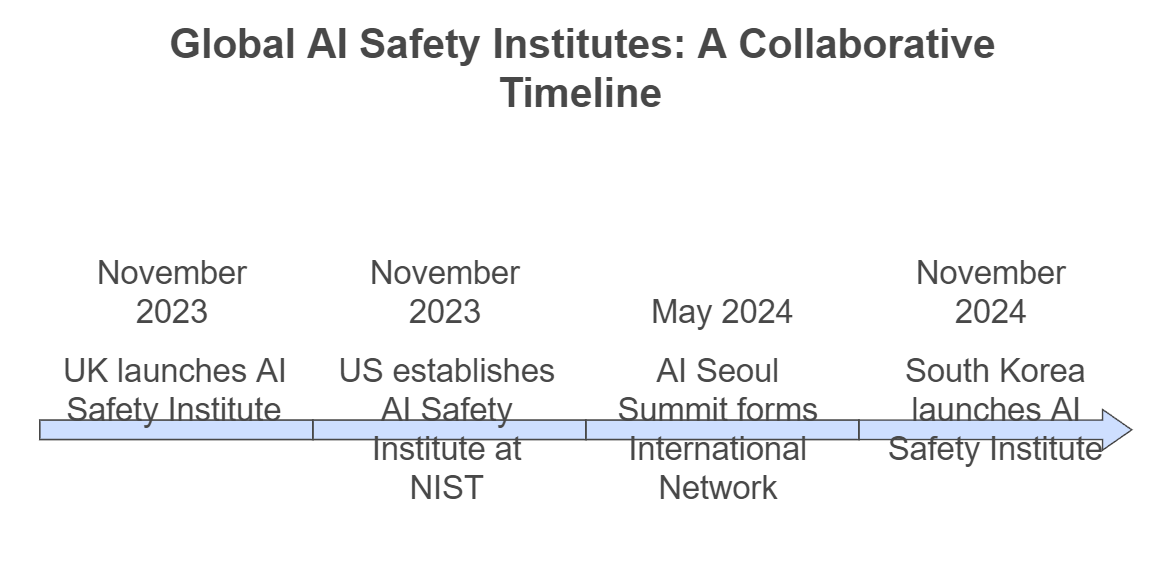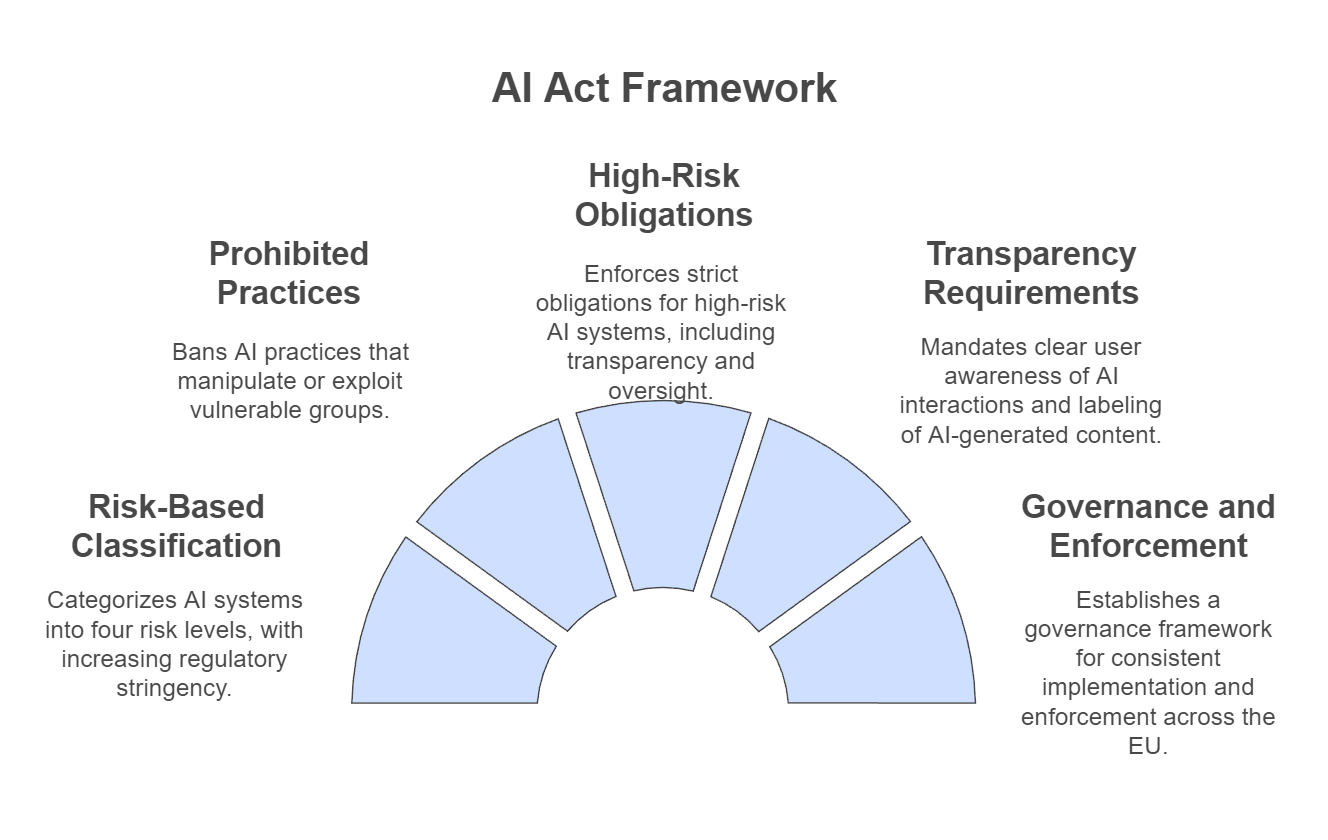
Five major Canadian media organizations have filed a lawsuit against OpenAI, alleging unauthorized use of their articles to train the AI model ChatGPT. This legal action underscores the growing concerns over intellectual property rights in the era of generative AI.
The lawsuit by Canadian media companies against OpenAI is a pivotal event in the ongoing discussion about the ethical and legal implications of AI development, particularly in the realm of content creation and intellectual property.
Key Details:
- Who is Involved?
- The lawsuit was initiated by five major Canadian media organizations, including significant players like CBC (Canadian Broadcasting Corporation) and others.
- The defendant is OpenAI, the company behind the widely used AI model ChatGPT.
- Core Allegations:
- The media companies allege that OpenAI used their copyrighted articles without permission to train its AI models.
- This includes text and content scraped or sourced without adequate licensing agreements, violating intellectual property laws.
- Why is This Important?
- Intellectual Property Rights: This case underscores a critical issue: whether AI developers need explicit consent or licensing agreements to use copyrighted material for training.
- Precedent Setting: A legal outcome against OpenAI could set a global precedent for how AI companies access and use content, potentially leading to stricter regulations.
- Content Ownership: It raises broader questions about content ownership and compensation for creators when their work is utilized in AI training.
- Larger Context:
- Global Trend: Similar concerns have been raised by other publishers and organizations worldwide, including lawsuits in the U.S. and Europe against generative AI developers like OpenAI, Meta, and Google.
- Legislative Momentum: Governments, particularly in the EU and U.S., are increasingly looking to establish laws and frameworks to regulate AI’s interaction with copyrighted content.
- Economic Impact: The lawsuit could lead to financial repercussions for OpenAI if damages are awarded or licensing fees are mandated, impacting its operational costs and model training processes.
- Potential Outcomes:
- Monetary Damages: OpenAI may face significant financial penalties if found guilty.
- Regulatory Changes: This case might accelerate the creation of regulations requiring explicit permissions and royalties for AI training.
- Operational Adjustments: AI companies might need to revisit their training methodologies to comply with evolving legal standards, including employing synthetic or licensed datasets exclusively.
Implications for the AI Industry:
The lawsuit signals a growing pushback from content creators and publishers against AI companies leveraging vast amounts of data without proper agreements. The outcome could redefine how AI companies approach data sourcing, leading to a more structured and possibly restrictive training ecosystem.









